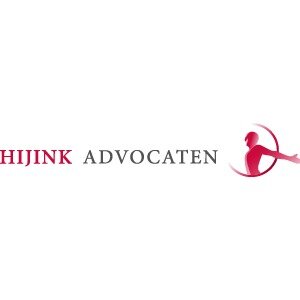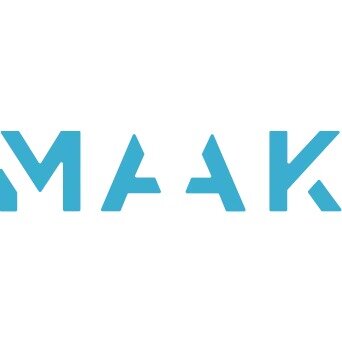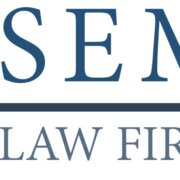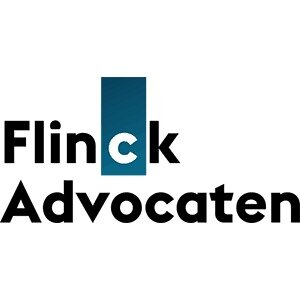Best Government Relations & Lobbying Lawyers in Netherlands
Share your needs with us, get contacted by law firms.
Free. Takes 2 min.
Or refine your search by selecting a city:
List of the best lawyers in Netherlands
About Government Relations & Lobbying Law in Netherlands
Government relations and lobbying in the Netherlands involve engaging with government officials and institutions to influence policy and legislative decisions. This field is a crucial part of public policy and corporate strategy, where various entities such as corporations, non-profits, and advocacy groups seek to establish communications channels with legislative bodies to advance their interests. While lobbying is a legal and regulated activity in the Netherlands, it operates within a specific framework of ethical considerations and transparency requirements, ensuring that all lobbying activities are conducted in a fair and open manner.
Why You May Need a Lawyer
Legal assistance in government relations and lobbying can be essential in several scenarios. Businesses or organizations looking to influence legislative changes may require legal guidance to navigate the complex regulations. Additionally, understanding compliance with lobbying registration requirements and ensuring transparency in interactions with government officials are critical legal areas where expert advice may be needed. Moreover, addressing any accusations of improper lobbying practices or navigating conflicts of interest are other instances where legal expertise is crucial to protect an organization's interests.
Local Laws Overview
The Netherlands does not have a specific law regulating lobbying activities, but several legal frameworks impact how lobbying is conducted. These include public administration regulations, codes of conduct for public officials, and transparency requirements. The Dutch government emphasizes transparency in policy-making, and lobbyists are encouraged to be clear about their intentions and the interests they represent. Additionally, some sectors, such as pharmaceuticals and financial services, might have industry-specific guidelines affecting lobbying practices. Understanding the balance between effective advocacy and adhering to these local laws is key to successful lobbying efforts.
Frequently Asked Questions
What is lobbying in the context of the Netherlands?
Lobbying in the Netherlands involves engaging with policymakers to attempt to influence legislation or government decisions, with an emphasis on transparency and ethical conduct.
Do lobbyists have to register in the Netherlands?
The Netherlands does not have a mandatory lobbyist registry, but transparency is encouraged. Public officials are expected to document their interactions with lobbyists in some sectors.
What ethical guidelines govern lobbying in the Netherlands?
The country follows general principles of transparency, honesty, and accountability as outlined in various codes of conduct and sector-specific regulations.
Can lobbying activities be considered bribery?
No, legitimate lobbying activity is distinct from bribery and corruption; it involves legal advocacy focused on information exchange and policy persuasion, adhering to ethical guidelines.
Are there restrictions on who can engage in lobbying activities?
Generally, any interested party, such as businesses, NGOs, or individual citizens, can engage in lobbying as long as they adhere to regulations and transparency guidelines.
What are the consequences of non-compliance with lobbying regulations?
Non-compliance can result in reputational damage, legal penalties, and the potential for strained relations with policymakers and the public.
How transparent should lobbying activities be?
Lobbyists should clearly identify themselves and their clients, disclose their objectives, and ensure interactions with officials are documented transparently.
What role does the media play in lobbying in the Netherlands?
The media can highlight lobbying activities and ensure transparency, often acting as a watchdog to inform the public about advocacy efforts and potential impacts.
Can foreign entities lobby within the Netherlands?
Yes, foreign entities can lobby, but they must comply with the same ethical guidelines and transparency requirements applied to domestic lobbyists.
Are there training programs for lobbyists in the Netherlands?
Several organizations offer training programs to help lobbyists understand the legal requirements, ethical considerations, and effective advocacy strategies applicable to the Dutch context.
Additional Resources
A number of resources can be particularly helpful for those seeking to understand or engage in lobbying in the Netherlands. The Dutch Ministry of the Interior and Kingdom Relations provides guidance on transparency and public administration rules. The Netherlands Bar Association (Nederlandse Orde van Advocaten) offers insights into legal practices. Furthermore, industry-specific associations and professional groups, like the Dutch Association for Public Affairs Professionals, can provide networking opportunities and specialized knowledge.
Next Steps
If you find yourself in need of legal assistance in government relations and lobbying, it is advisable to consult with a lawyer who specializes in this field. Look for a practitioner with experience in Dutch public policy, regulatory compliance, and advocacy strategies. Consider consulting professional legal associations for recommendations or seeking references from industry peers. Prepare thoroughly for your consultation by clearly outlining your objectives, challenges, and any potential legal questions you may have to ensure your lawyer can provide tailored advice to meet your needs.
Lawzana helps you find the best lawyers and law firms in Netherlands through a curated and pre-screened list of qualified legal professionals. Our platform offers rankings and detailed profiles of attorneys and law firms, allowing you to compare based on practice areas, including Government Relations & Lobbying, experience, and client feedback.
Each profile includes a description of the firm's areas of practice, client reviews, team members and partners, year of establishment, spoken languages, office locations, contact information, social media presence, and any published articles or resources. Most firms on our platform speak English and are experienced in both local and international legal matters.
Get a quote from top-rated law firms in Netherlands — quickly, securely, and without unnecessary hassle.
Disclaimer:
The information provided on this page is for general informational purposes only and does not constitute legal advice. While we strive to ensure the accuracy and relevance of the content, legal information may change over time, and interpretations of the law can vary. You should always consult with a qualified legal professional for advice specific to your situation.
We disclaim all liability for actions taken or not taken based on the content of this page. If you believe any information is incorrect or outdated, please contact us, and we will review and update it where appropriate.
Browse government relations & lobbying law firms by city in Netherlands
Refine your search by selecting a city.
















